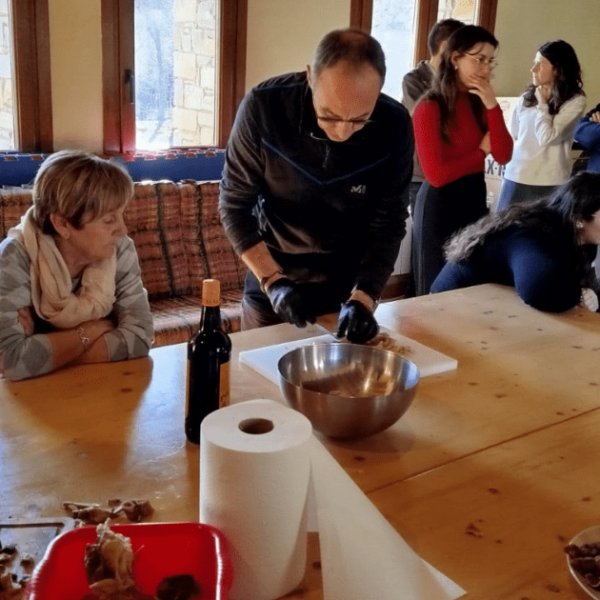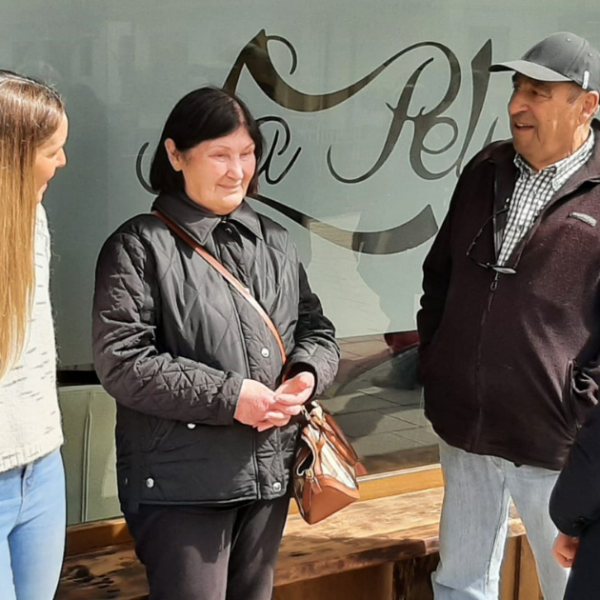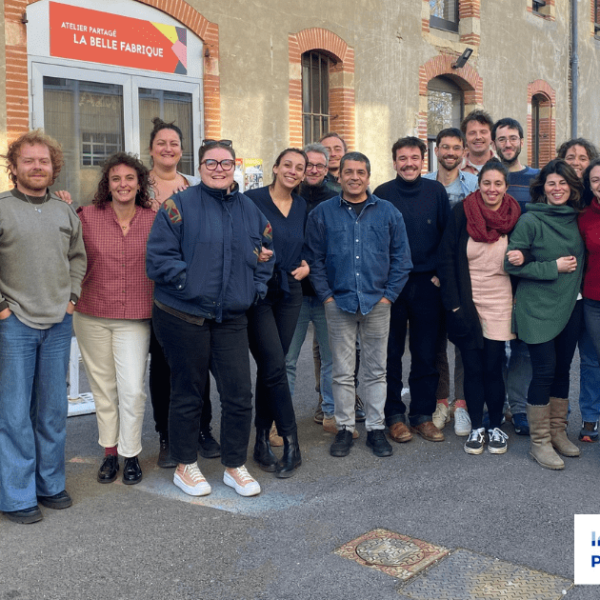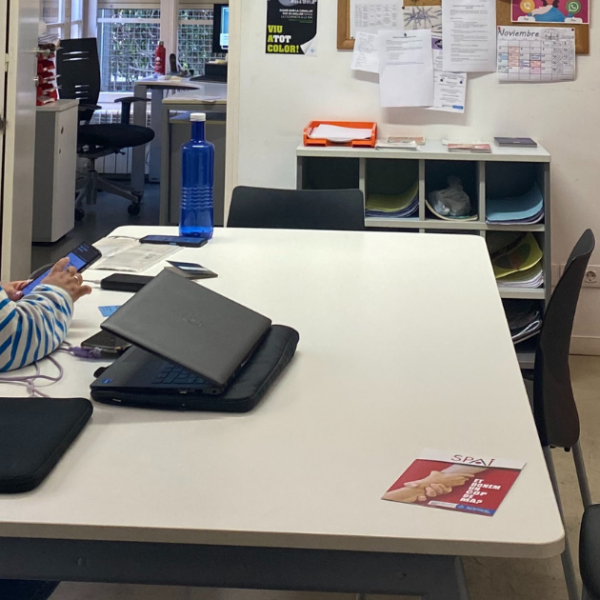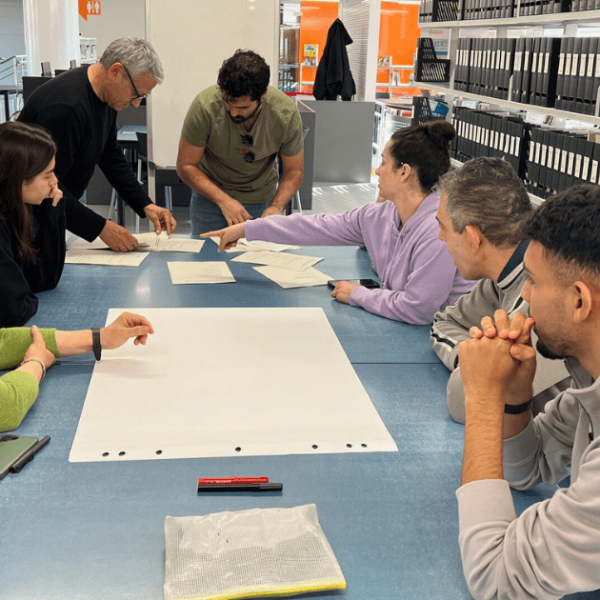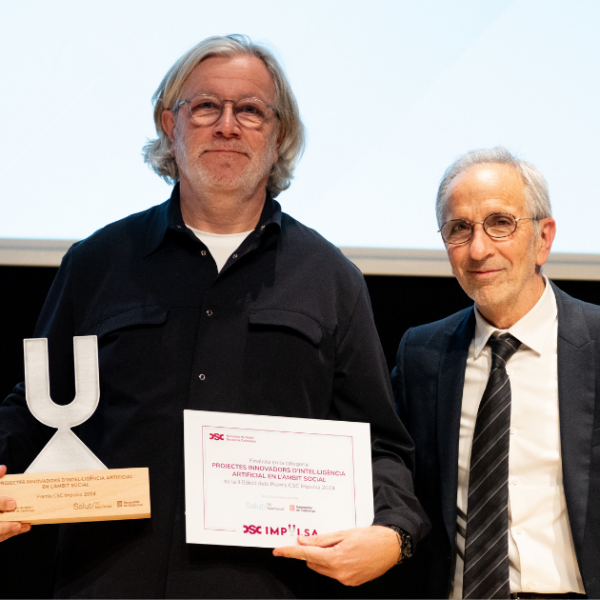Rehab-Lab network launches to boost autonomy for people with disabilities through 3D printing
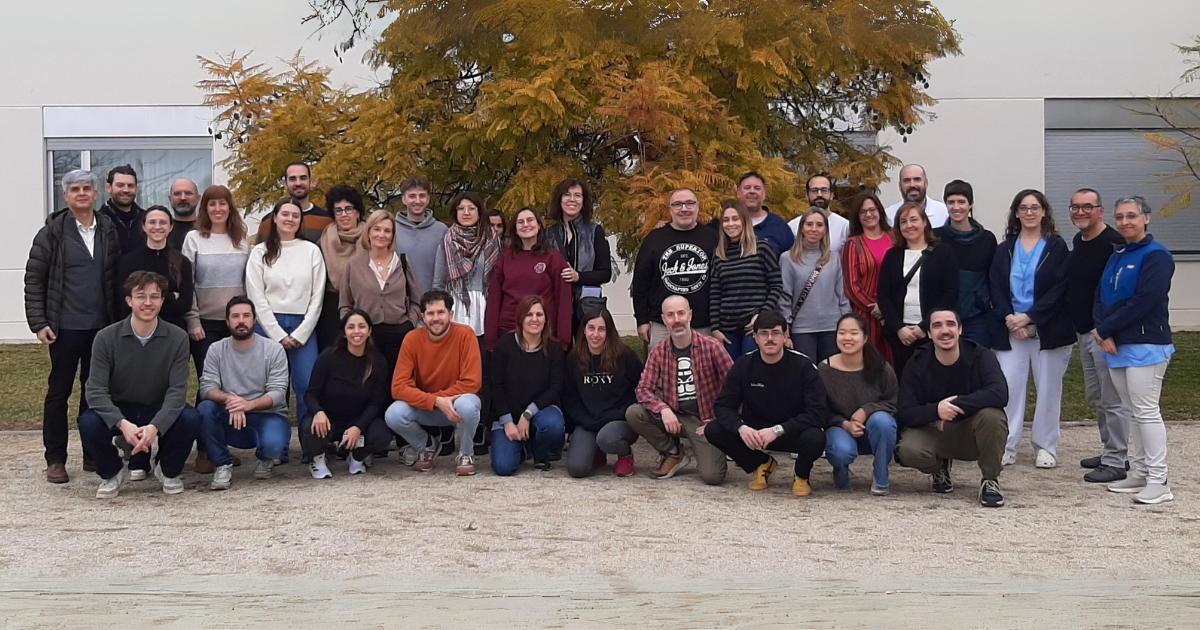
Rehab-Lab network launches to boost autonomy for people with disabilities through 3D printing

The Rehab-Lab network expands with 10 new organizations across Catalonia, establishing itself as a leader in the production of customized functional aids using 3D printing
The Rehab-Lab project, dedicated to creating personalized functional aids through 3D printing, takes a significant step forward with the addition of 10 new organizations across Catalonia and the official launch of the Rehab-Lab network. These new entities, equipped with 3D printers and becoming FabLabs within the network, will provide tailored solutions to more people with motor disabilities, improving their independence and quality of life.
Functional aids are custom-made plastic components that are low-cost and quickly manufactured to meet the specific daily needs of individuals with disabilities. While assistive products exist on the market, they are often standardized and do not adapt to each person’s unique requirements. According to a 2022 survey by Spain’s National Statistics Institute (INE), 46% of people with disabilities require assistive devices in their daily lives, while 18% need them but do not use them.
In response to this reality and inspired by the French Rehab-Lab community, we launched the Rehab-Lab.Cat Project in 2023—an innovative social and technological project led by the iSocial Foundation, in collaboration with the CIM-UPC Foundation, the Ampans Foundation, the Guttmann Institute, and the company Avinent. This February, the project evolves into the Rehab-Lab network with the inclusion of 10 new social and healthcare organizations.
The Catalan Minister of Social Rights visits Rehab-Lab training sessions
As part of the launch of the Rehab-Lab network, a group of 28 occupational therapists and other professionals from the newly joined entities received training in the design and production of functional aids using 3D printing at UPC’s facilities. This training covered both technical aspects and the Rehab-Lab methodology, which promotes co-creation between the user, occupational therapists, and engineers.
On Thursday, February 6, the Catalan Minister of Social Rights, Mónica Martínez Bravo, visited the training sessions to gain firsthand insight into the project and its impact on enhancing independence for people with disabilities. Her visit underscored the importance of fostering dialogue and collaboration between the government, the social sector, universities, and private industry to develop real solutions that address citizens’ needs. Rehab-Lab is supported by the Government of Catalonia through the European Next Generation funds.
A growing collaborative project
The Rehab-Lab network is the result of collaboration between third-sector organizations, the academic community, and the technology sector. Alongside its five founding members, the network now includes:
• ASPACE Catalunya (Barcelona)
• Grup Alba (Tàrrega)
• Grup MIFAS (Girona)
• ASPID (Lleida)
• Grup Esclat (Barcelona)
• Fundació El Maresme (Mataró)
• Fundació Onada (Tarragona)
• Fundació Althaia (Manresa)
• Fundació Ramón Noguera (Girona)
By expanding, Rehab-Lab strengthens its connection with the European Rehab-Lab network, which now includes over 60 organizations across Europe. This international collaboration fosters knowledge-sharing and expertise in the production of customized functional aids.
The expansion of Rehab-Lab marks a major milestone in innovation for inclusion and autonomy among people with motor disabilities, solidifying the project as a reference point in Catalonia and Europe in this field.
Actualitat

